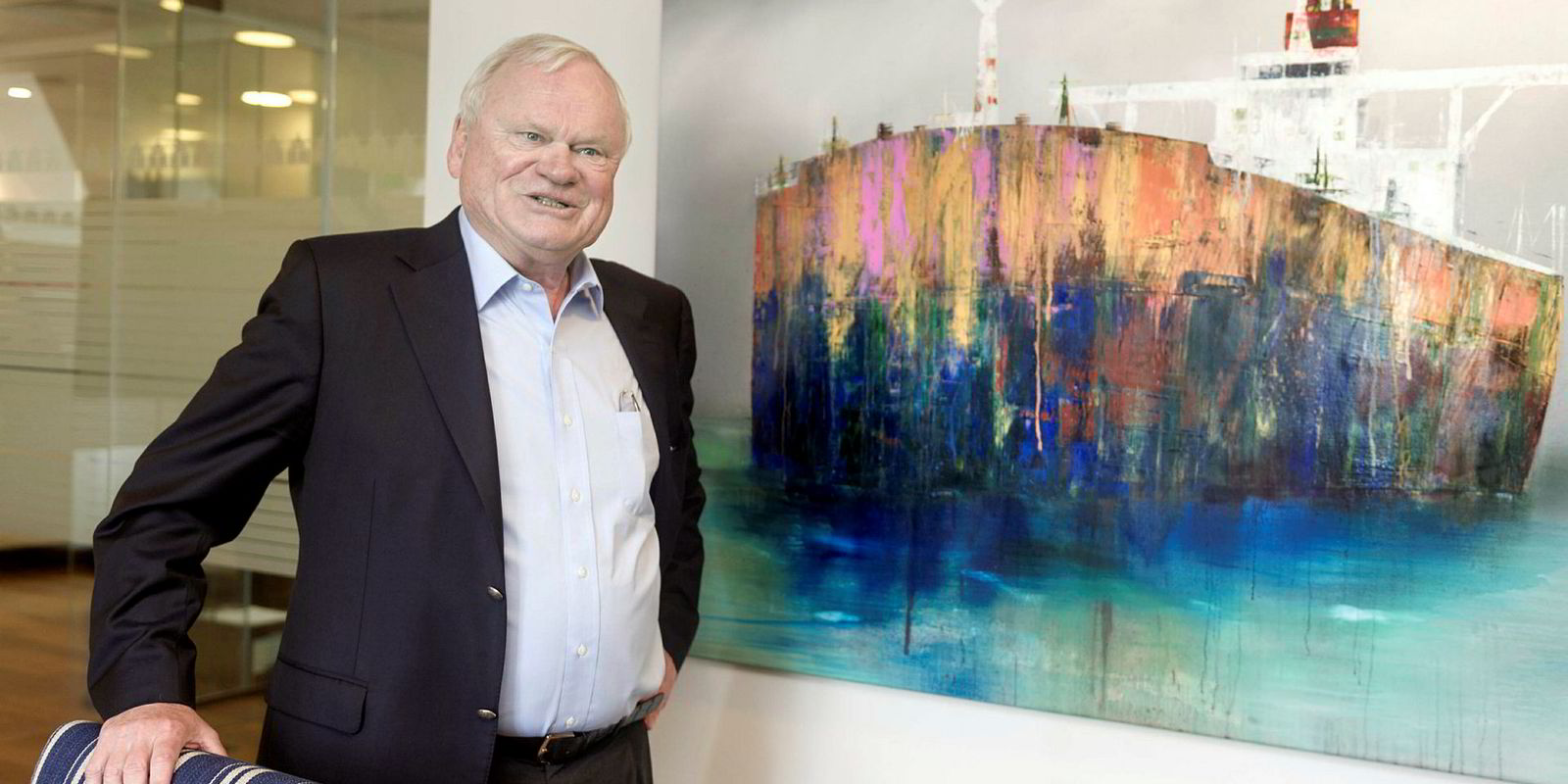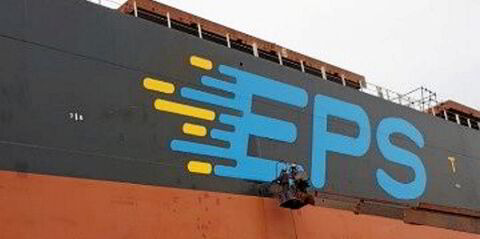Two investors who are suing DryShips’ George Economou for alleged securities fraud have found the tables turned, and now may owe the Greek shipowner money.
Rulings last month in the US District Court for the Western District of Texas have not been kind to plaintiff Michael Sammons and wife Elena, while far more favourable to defendants Economou and DryShips.
The lawsuit in San Antonio parallels a shareholder class action against the same defendants in the US District Court for the Eastern District of New York over stock sales through financial firm Kalani Investments.
While the New York action has seen little in the way of filings from the defendants as plaintiffs sort out priority in their claims, Economou’s legal team has been far more active in the Texas litigation, which began as a lawsuit in the Marshall Islands.
Michael Sammons has been told in a pending court order to reimburse Economou and DryShips more than $26,000 in costs related to the earlier legal skirmishes in the Marshall Islands.
The order would result in the lawsuit being halted until he pays up.
Sammons, who has been described by DryShips’ lawyers and in court papers as “a vexatious serial litigant”, is now attempting to contest the order from Magistrate Judge Henry J Bemporad.
DryShips reaped about $700m in proceeds from stock sales in cooperation with Kalani Investments between June 2016 and August 2017, the New York complaint alleges.
Similar lawsuits have been filed in New York federal courts against fellow Greek owners Top Ships and Diana Containerships.
They allege that defendants conspired with Kalani to destroy shareholder value through a scheme of stock sales in which the investment firm improperly acted as an underwriter, according to the complaints.
‘Equity extinguished’
The alleged schemes brought them hundreds of millions of dollars and enriched Kalani, but in some cases extinguished more than 99% of public equity value in the companies, the complaints state.
All defendants have said such claims are without merit.
The Sammons litigation is similar, but with some important differences.
First, Sammons and his wife are pressing a direct complaint and acting pro se — that is, they are their own attorneys.
Second, the time period covered by their complaint is shorter. They say their first purchase of DryShips shares was in April 2017. The complaint covers DryShips’ actions between April and July 2017.
Third, the Sammons do not name Kalani as a defendant, unlike all three lawsuits filed in New York.
Fourth, the plaintiffs first tried to pursue Economou and DryShips in the Marshall Islands, where the owner is registered.
According to documents filed in the Texas case, the proceedings in the Marshall Islands did not go well for the Sammons.
The case there was filed on 3 July 2017 — while DryShips was still engaged in the Kalani arrangement. Among other things, the lawsuit sought — and failed to win — injunctions against further dilutive share sales.
After oral arguments on 2 February 2018, the Marshall Islands court issued an order indicating it was likely to grant two defence motions to dismiss the case.
The Sammons quickly filed motions to dismiss the case without prejudice. The Marshall Islands judge granted them, despite opining that plaintiffs had engaged in gamesmanship and “wasted the court’s time and resources and caused defendants to incur substantial costs and attorneys’ fees”.
Those lawyers’ fees came to more than $635,000 and costs to $46,680.
The Sammons then took their litigation to Texas, filing the current suit on 23 February this year.
The Economou-DryShips legal team conceded that it was not able to argue for reimbursement of lawyers’ fees in the Texas court, but did press for return of costs.
Judge Bemporad agreed in part in a ruling last month, deciding that more than $26,000 should be reimbursed — $18,537 to Economou and $8,188 to DryShips.
According to court filings, Sammons holds a law degree and has filed at least seven previous actions against various plaintiffs in US courts, with several of the actions dismissed.
Since the latest ruling, the plaintiffs have unsuccessfully sought to have Judge Bemporad recused from the case for purported bias, but are still pressing motions to overturn his order.





